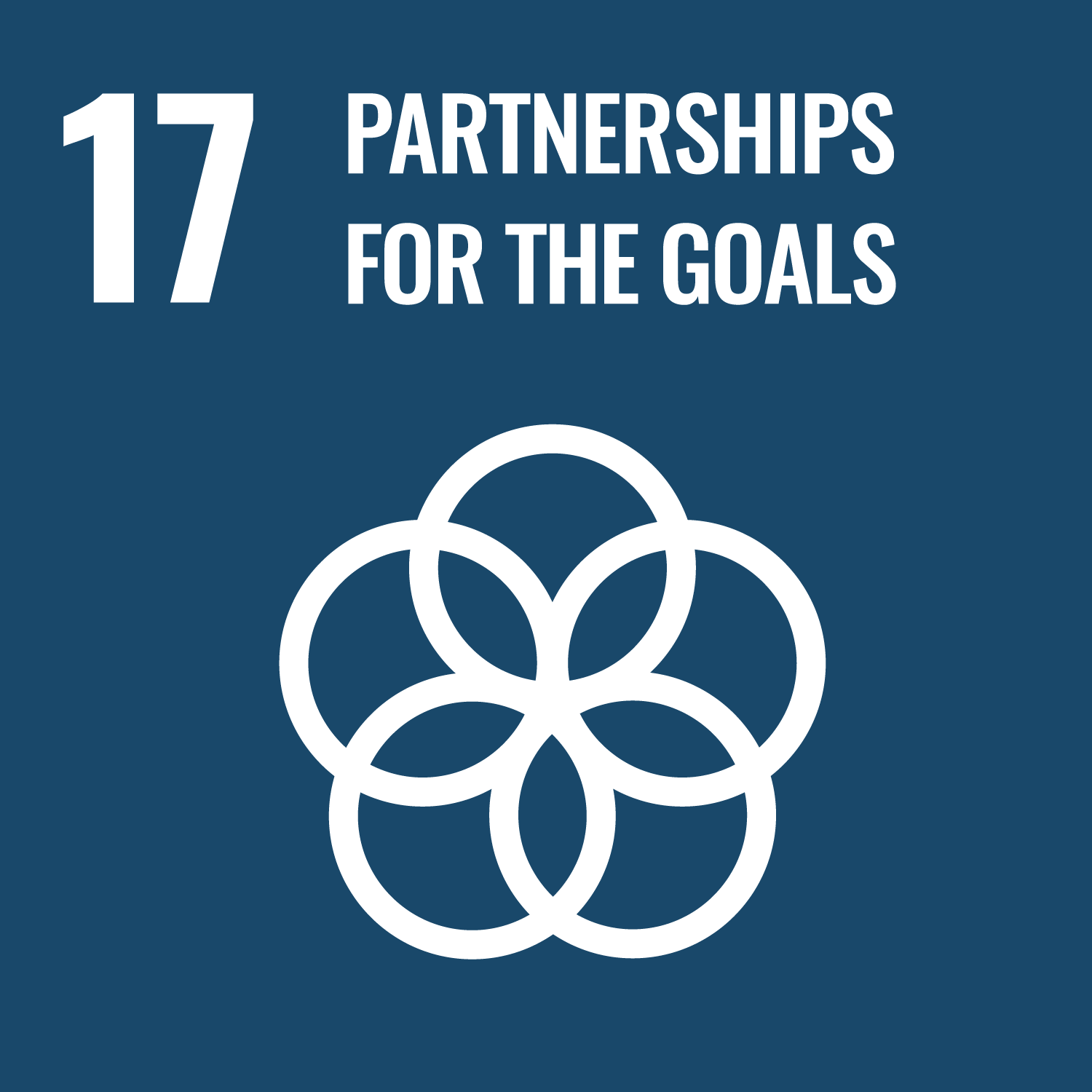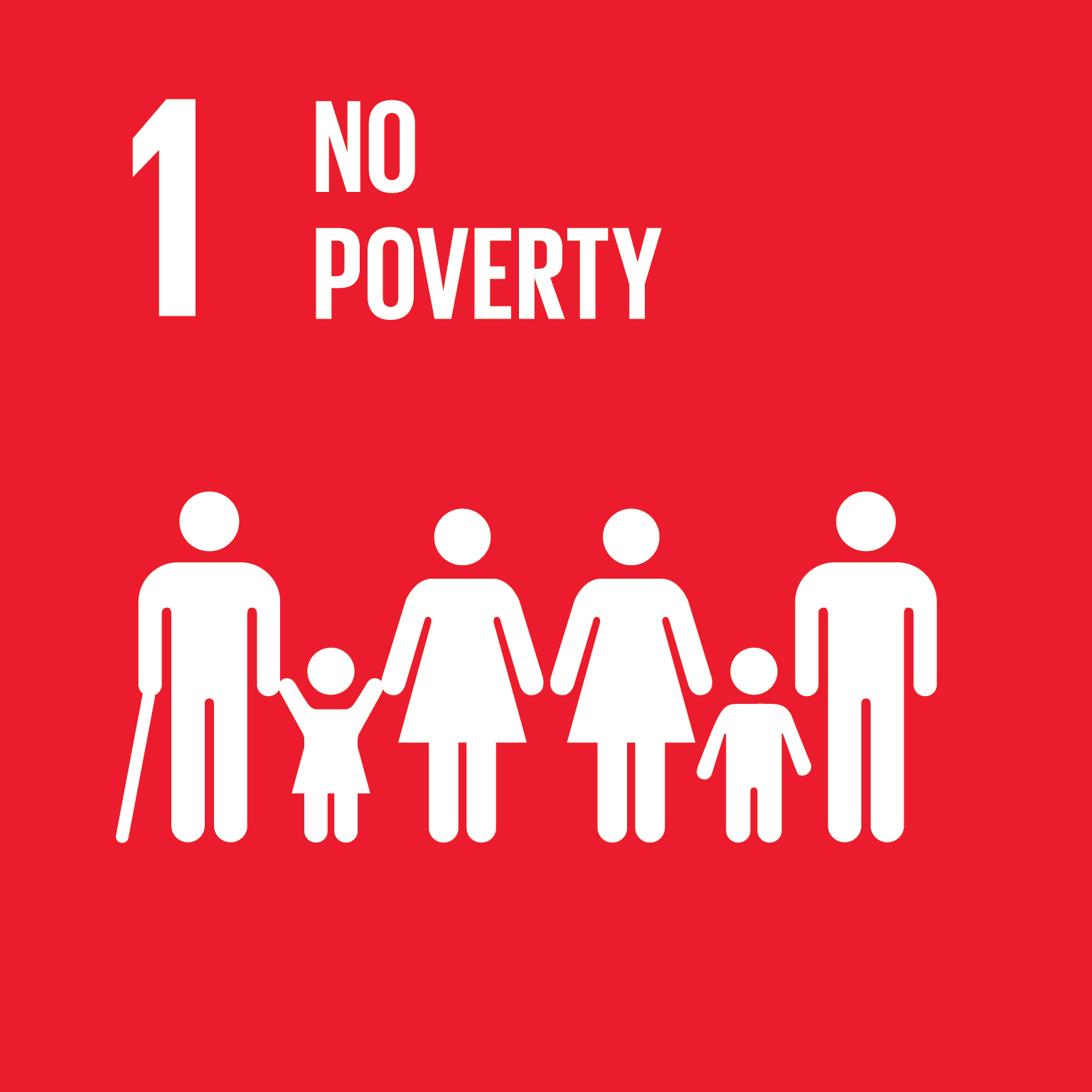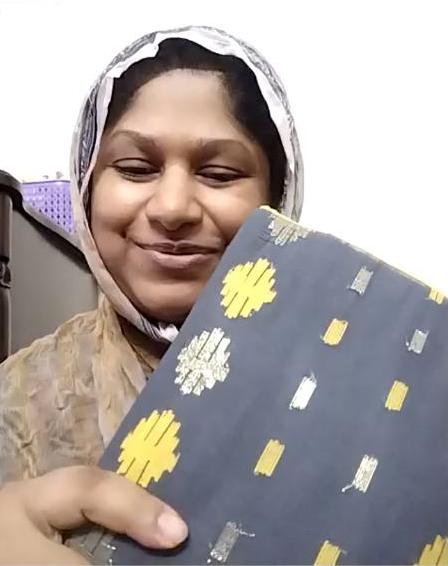Empowering South Asian Women Entrepreneurs through Digital Technology
Using e-commerce and digital marketing to make women-led SMEs in South Asia part of the regional and global supply chains during the COVID-19 pandemic
Challenges
South Asia is recognized as a dynamic sub-region, but its potential is undermined by gender inequality in all aspects of economic and social life. In South Asia where women labour force participation is among the lowest in the world, women entrepreneurship is a widely untapped source of economic and social progress, and job creation. According to statistics, only eight or nine per cent of formal SMEs are owned by women in south Asia compared with 38 per cent to 47 per cent in other regions (East, Central Asia and East Europe). Women entrepreneurship, through its positive multiplier effects on society, such as job creation, increase in labour force participation and lifting families out of poverty, can in turn lay the successful path towards achieving SDG 5 and Priority Area 5 of the Istanbul Programme of Action (IPoA).
Towards a Solution
“If you educate a man, you educate an individual. But if you educate a woman, you educate a nation”. Keeping this in mind, this project "Empowering South Asian women-led SMEs" supported by the United Nations Economic and Social Commission for Asia and the Pacific (UNESCAP), aims to enhance the knowledge and capacity of women entrepreneurs belonging to micro, small and medium enterprises, in the application of e-commerce platforms to expand their business exports and participate in local, regional and global supply chains. Strengthening and promoting women entrepreneurship in South Asia will bring many positive ripple effects including its ability to boost job creation with productive employment (SDG 8), alleviate poverty (SDG 1) and thus facilitate inclusive and sustainable growth. The activities under the project would help in gender equality and empowerment of women (SDG 5) and would also promote networking among women entrepreneurs to build relationships, share resources and knowledge (SDG 17). This also supports the IPoA priority area on gender equality and empowerment of women.
The project followed a step-by-step approach on building capacity at a national level first followed by a series of regional training. Use of social media like Facebook and Instagram by women entrepreneurs to promote their business were included in training materials. An online e-learning course on e-commerce and digital marketing has been developed and is available at https://www.unescap.wesellonline.org. A website for hands-on training on how to link up with e-marketplaces was also developed (https://www.wesellonline.org/). Wesellonline (Women entrepreneurs sell online) is a platform where women entrepreneurs can register their business and upload their company profile and product/service catalogues.
The initiative has trained around 1200 women so far from 10 member States, including Afghanistan, Bangladesh, Bhutan, and Nepal. About 300 women entrepreneurs have registered on the platform. The idea of “minimum investment maximum profit” in e-commerce business is helping women entrepreneurs, especially those from LDCs, to start and grow their businesses while working from home and at their convenience. It has helped the buyer and seller to be better connected and expanded the opportunity of forming new supply chains. With these emerging trends, we see this programme as being sustainable and continuing in the medium to long term, allowing women entrepreneurs in the South, in particular those from LDCs, to learn from each other.
COVID-19 also brought an opportunity for e-commerce business. This initiative during the pandemic has recognised the significance of e-commerce as a medium to conduct business and paved the way to be an important tool for women-led MSMEs to become part of wider supply chain. Due to lockdown and restrictions, people changed their buying habits and started ordering more online. These workshops are also acting as a regional networking platform for women entrepreneurs from South and South-West Asia to showcase their products and services, thereby helping creation of regional networks. WhatsApp and Facebook groups among these entrepreneurs were also created to further facilitate relations and share any issues, technical difficulties faced for faster resolution.
There have been many good lessons that have been learnt during the project. Effective partnerships have been built between policy makers, civil society organizations, chambers of commerce and industry and women’s chambers. The project’s partners have been the Governments, UN country teams, South Asia Women’s Development Forum, Apex chambers of commerce and industry and self-help groups working on women’s empowerment. A collective effort by all in giving this training has encouraged women to shift to e-commerce and some changes in policies by Governments were made, as Bhutan, Nepal and India came out with their e-commerce policies.
The positive long-term impact of this project on empowerment of women in the participating countries would surely result in more countries replicating this project in other countries of the world due to strong partnership with other international organizations such as APEC, ComSec and WTO Secretariat, which have appreciated this work and reaching out to ESCAP to replicate for their members. Also, ESCAP has developed a strong network with regional Civil Society Organizations and self-help groups as well as Chambers of Commerce which are promoting the training. At the same time, ESCAP has developed an open online e-learning course on e-commerce and a manual detailing a step-by-step guide to start online business is being published, which can be used and accessed from any part of the world. The World Trade Organization (WTO) and the Commonwealth Secretariat have also shown interest in partnership using the project’s knowledge products for countries beyond South Asia.
Contact Information
Dr. Rajan Sudesh Ratna, Deputy Head and Senior Economic Affairs Officer (a.i.), ESCAP Subregional Office for South and South-West Asia
Countries involved
Afghanistan, Bangladesh, Bhutan, Nepal
Nominated By
No Organization
Supported By
ESCAP Subregional Office for South and South-West Asia, New Delhi; Enhanced Integration Framework (EIF), Geneva
Implementing Entities
ESCAP-SSWA, New Delhi
Project Status
Completed
Project Period
2019 - 2022
Sectors
Education, Financial Services, Gender Equality and Empowerment of Women, Industrial Development, Labour, Reproductive Health, Population, Digital Transformation
URL of the practice
https://www.wesellonline.org/Primary SDG
05 - Gender Equality
Secondary SDGs
01 - No Poverty, 05 - Gender Equality, 08 - Decent Work and Economic Growth, 10 - Reduced Inequalities, 12 - Responsible Consumption and Production, 17 - Partnerships for the Goals
Primary SDG Targets
5.1 5.5 5.a 5.b 5.cSimilar Solutions

















